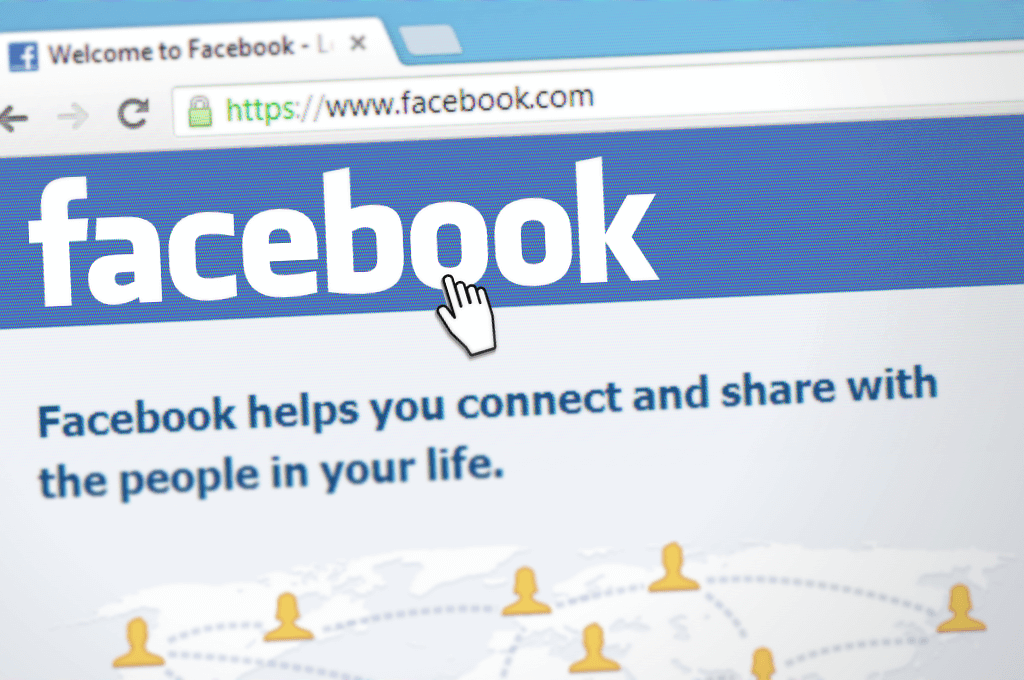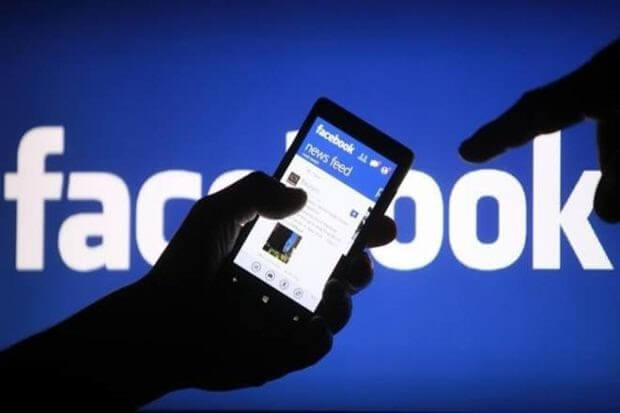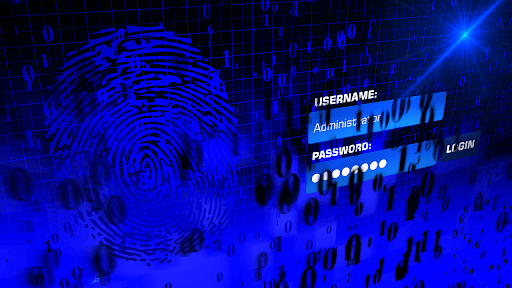
Facebook wants to be your friend and know all your other friends. It also wants to be your friend when you log onto other sites. It’s an eerily seductive idea. Why remember a thousand different user IDs and passwords when you can use your Facebook username and password to do it for you.
Of course, if you’ve watched the news anytime in the past five years, you should be aware by now that Facebook isn’t exactly acting like a friend when it comes to your data but more like the neighborhood gossip spouting all your personal details to a wide array of advertising partners in exchange for gobs and gobs of cold, hard cash.
And it’s not just the greed that should worry you about Facebook wanting to pal around with you on all your favorite websites. In October 2008, Facebook announced that a security breach allowed hackers to infiltrate the accounts of a staggering 50 million users – and that was the minimum estimate, it might have been millions or even tens of millions more.
To put that in perspective, 50 million people are the equivalent of everyone who lives in Delhi (29 million) plus everyone who lives in Mexico City (21 million) combined getting their Facebook account hacked.

But of course, when you let Facebook sign you into all those other accounts, it’s not just your Facebook getting hacked. It’s also your Instagram, Spotify, Tinder, Pinterest, Airbnb, Expedia, New York Times, and up to more than 100,000 other online websites where people can log in with Facebook.
Bad enough that someone might be sifting through your photos, likes, and friends lists on Facebook: Now they can also check out your dating profile, your travel plans, the credit cards you use for just about everything you purchase, and where you’ve been posting your Instagram posts from.
Congratulations, Facebook login breach, you’ve now created the ability for users to be stalked in about 15 different ways and have their credit cards and bank accounts breached.
Clearly, after such a breach, Facebook being in charge of all your accounts is not the way to go. But what makes the smartest alternative?
Password Manager Power

The best move is to invest in Dashlane or a similar successful password management system. Password managers act as a vault at the bank, and the best news is that you are the only one with a key to open it. When you engage with a password manager, you give it access to all of your online accounts and it responds by using a mathematical algorithm to alter all of your existing passwords into far more complicated ones that will be insanely difficult for even an AI-powered code breaker to unlock in this lifetime.
Once that’s accomplished, all passwords head for the vault where they stay until needed. Dashlane then helps you construct a master password that is just as easy to crack, but that can memorize in order to use it anytime you need to access one of the accounts. When you need to log on, start the password manager, enter the master passcode, and it will unlock the vault and autofill the correct credentials.
This is an article provided by our partners’ network. It does not reflect the views or opinions of our editorial team and management.
Contributed content

Founder Dinis Guarda
IntelligentHQ Your New Business Network.
IntelligentHQ is a Business network and an expert source for finance, capital markets and intelligence for thousands of global business professionals, startups, and companies.
We exist at the point of intersection between technology, social media, finance and innovation.
IntelligentHQ leverages innovation and scale of social digital technology, analytics, news, and distribution to create an unparalleled, full digital medium and social business networks spectrum.
IntelligentHQ is working hard, to become a trusted, and indispensable source of business news and analytics, within financial services and its associated supply chains and ecosystems




























